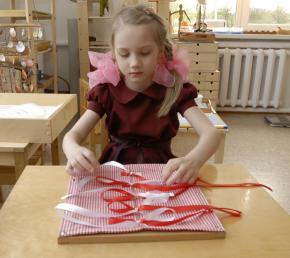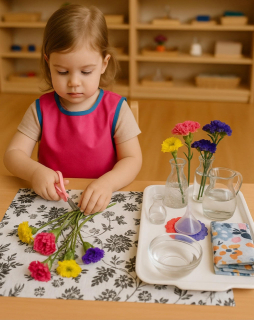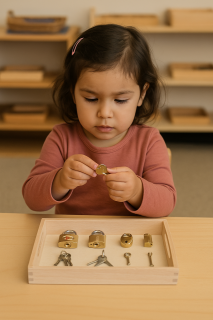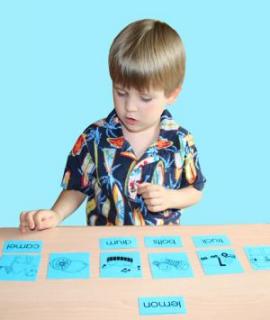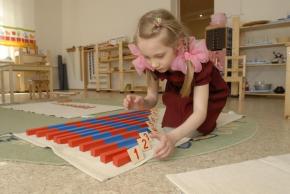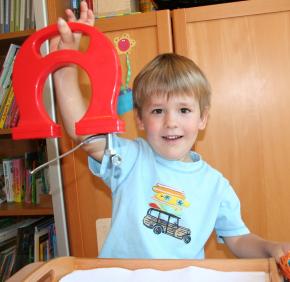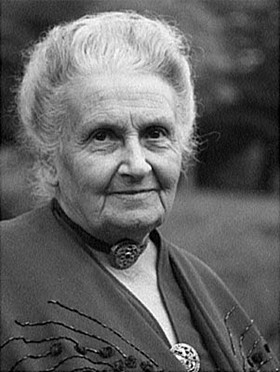
The Montessori philosophy is a comprehensive approach to education and child development that was developed by Dr. Maria Montessori, an Italian physician and educator, in the early 20th century. The first Montessori school was opened in Rome in 1907.
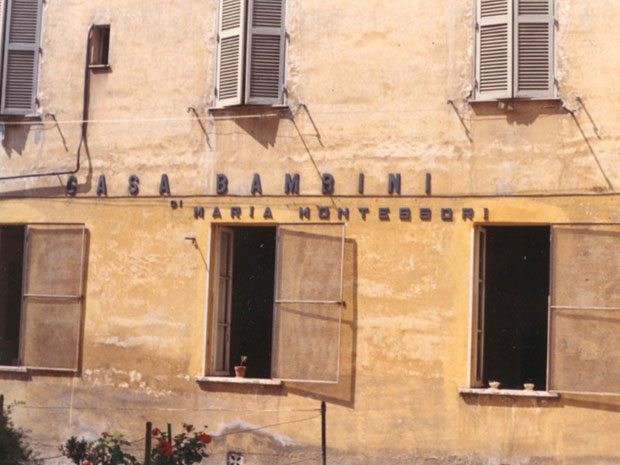
The Montessori philosophy is based on a deep understanding of how children learn and grow, emphasizing independence, self-directed learning, and the natural development of a child's innate abilities.
Here are key principles of the Montessori philosophy:
Respect for the Child: Montessori philosophy views children as individuals with their own strengths, interests, and learning styles.
The Absorbent Mind: Maria Montessori believed that children have absorbent minds, especially in the early years, and are highly receptive to learning from their environment. The philosophy focuses on providing a special prepared environment to support children’s natural inclination to learn.
Prepared Environment: The Montessori classroom is considered the "prepared environment," carefully designed to meet the developmental needs of the children. It includes a variety self-correcting Montessori materials that promote hands-on exploration and learning.
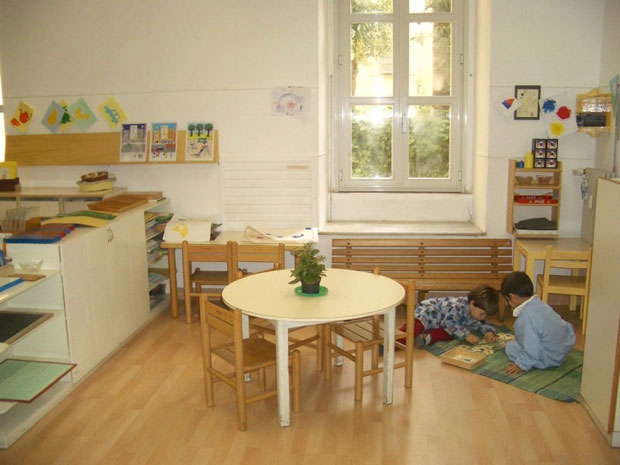
Sensitive Periods: Maria Montessori identified "sensitive periods" during which children are particularly receptive to certain types of learning.
Freedom and Responsibility: Montessori philosophy advocates for providing children with a balance of freedom and responsibility. Within a structured environment and clear guidelines, children are encouraged to make choices, explore their interests, and take responsibility for their actions.
Self-Directed Learning: The Montessori method places a strong emphasis on self-directed learning. Children are given the freedom to choose their activities and work at their own pace.
Mixed-Age Classrooms: Montessori classrooms have mixed-age groups, allowing for peer learning and social interaction. This arrangement mirrors real-world communities and families, and provides opportunities for mentorship and collaboration.
Holistic Development: Montessori education seeks to nurture the holistic development of the child, including intellectual, social, emotional, and physical aspects. The curriculum is designed to address the whole child rather than focusing solely on academic skills.
Normalization: Montessori used the term "normalization" to describe a state of concentration, independence, and self-discipline that emerges when a child is engaged in purposeful work. The philosophy aims to create conditions that support the normalization of the child.
Teacher as Guide: In Montessori education, teachers are often referred to as guides. Their role is to observe and guide rather than direct instruction. Montessori Teachers create an environment that encourages exploration and discovery, stepping in to offer support as needed.

